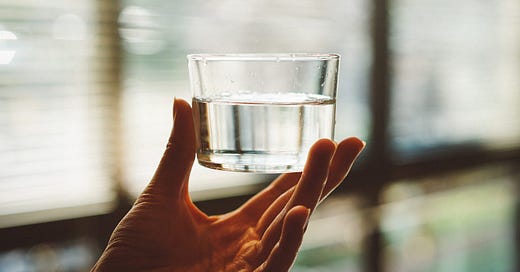To mark four years of being a quitter, I’m reposting an essay I wrote two years into my decision to stop drinking. This was when I finally trusted that the change was going to stick and felt ready to share with people outside my immediate circle. Rereading this essay now made me a little emotional, tbh. I remember writing it and still feeling so uncerta…
Keep reading with a 7-day free trial
Subscribe to Slow Beauty to keep reading this post and get 7 days of free access to the full post archives.



